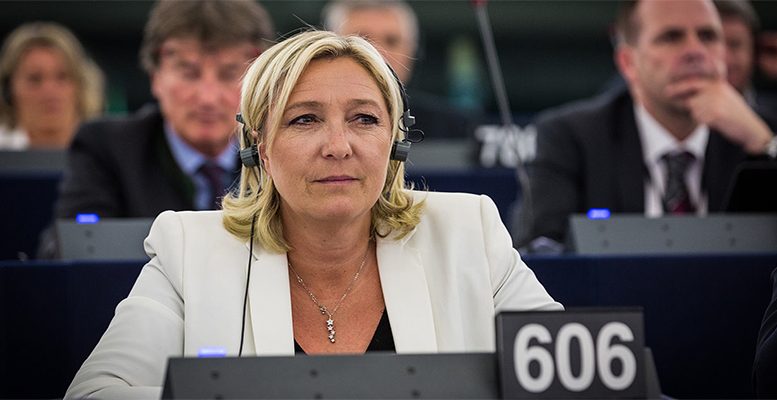Fernando González Urbaneja | Until the French electoral cycle concludes with the June legislative elections, which will define the composition of the new government, it is premature to conclude on the ideological-social-moral map of the French. The right-left axis is of little use when the winning candidate, Enmanuel Macron, flees from this taxonomy, and the losing candidate accumulates 13 million votes (425) that are incompatible with the category of “extreme”. The argument of the cordon sanitaire on a 42% extreme has little traction. The proposals put forward by Ms. le Pen come from an extreme ideology, but they have been moving away from it as she has seen her chances of gaining power. In fact, the few experiences of le Pen’s party in government (Perpignan city council and little else) do not prove her extremism either. At this point in the century, what is really at stake is a populist-nationalist model versus a liberal-democratic-cosmopolitan one. Each of them with multiple variants. And in the case of Europe, with the European integration project as a differential element.
Macron vs Le Pen represent different worlds, especially in terms of France’s role in European integration. Also in the prevalence of individual freedoms, as both candidates demonstrated in last Wednesday’s electoral debate. Both aspects have been the determining factors in Macron’s victory.
Thirteen million French people, from very different social classes, opted for Le Pen out of adherence to her ideas or out of anger, rejection or warning. There is a bit of everything in the voters’ decision this weekend. Another question is what will happen in June, which could open the reformist path for Macron or condemn the legislature to a sterile cohabitation.
The French relevance has overshadowed the legislative elections in Slovenia, that small country (two million inhabitants) which was part of the Yugoslav federal republic, part of the European Union and NATO. It was governed for a decade by a nationalist government, close to Hungary and Poland, in confrontation with Brussels. Prime Minister Jansa was defeated by the liberal-ecologist Robert Golob, who, allied with parties on the left, will have 54 of the 90 seats in parliament. One less for the anti-Europeans, a partial victory for the process of European integration in which Macron is one of the most prominent protagonists.
What successive elections tell us is that the old right-left axis, with its extensions towards their respective extremes, is insufficient to understand the aspirations of the electorate. There are other elements at play that have to do with populism, nationalism, cosmopolitanism, authoritarianism, polarisation, post-truth and the balance and separation of powers.





